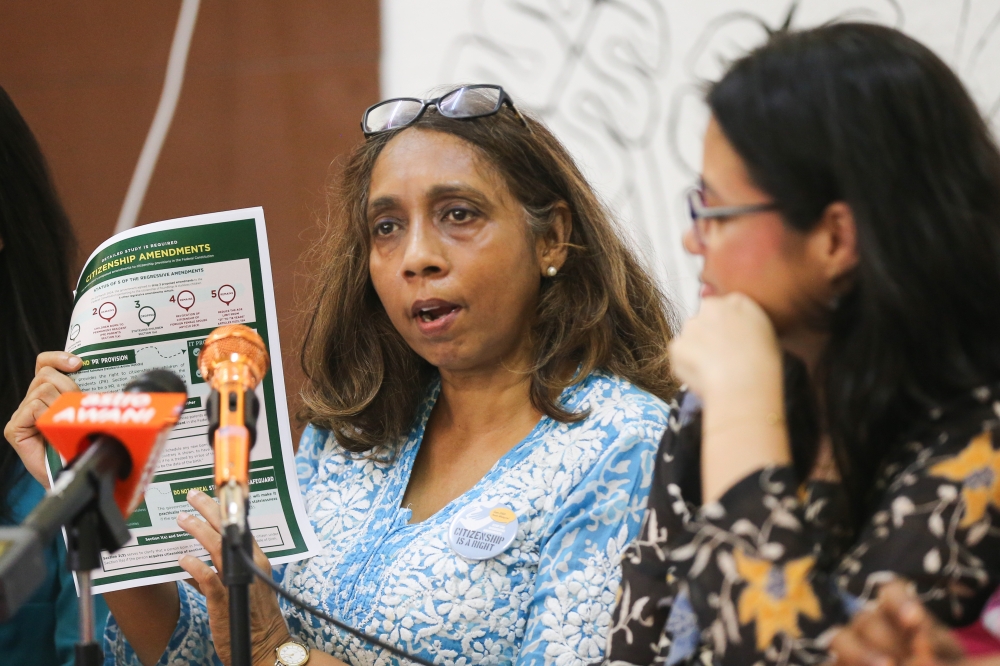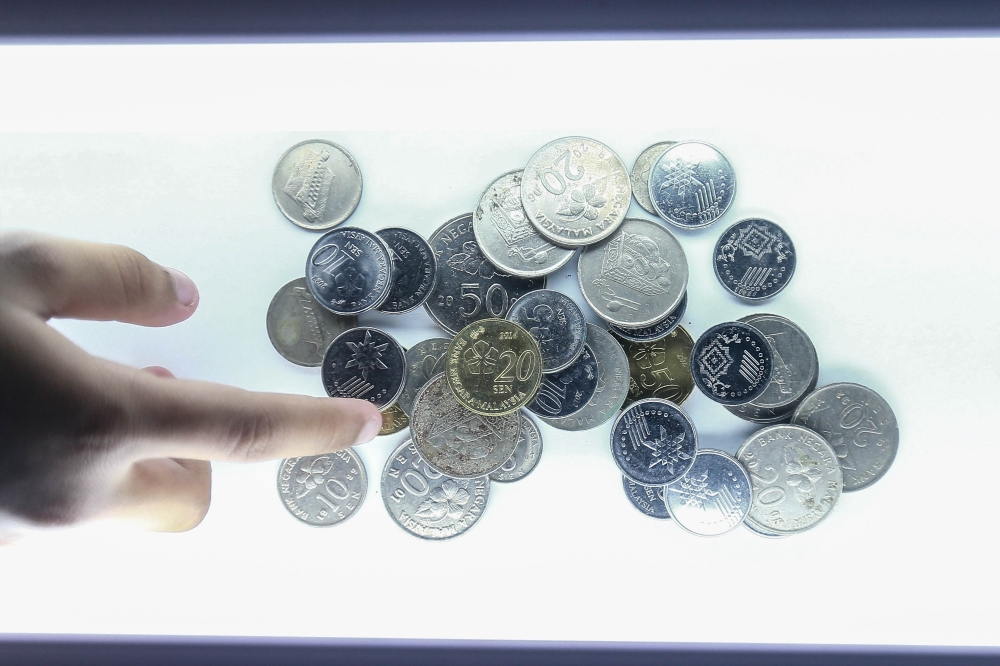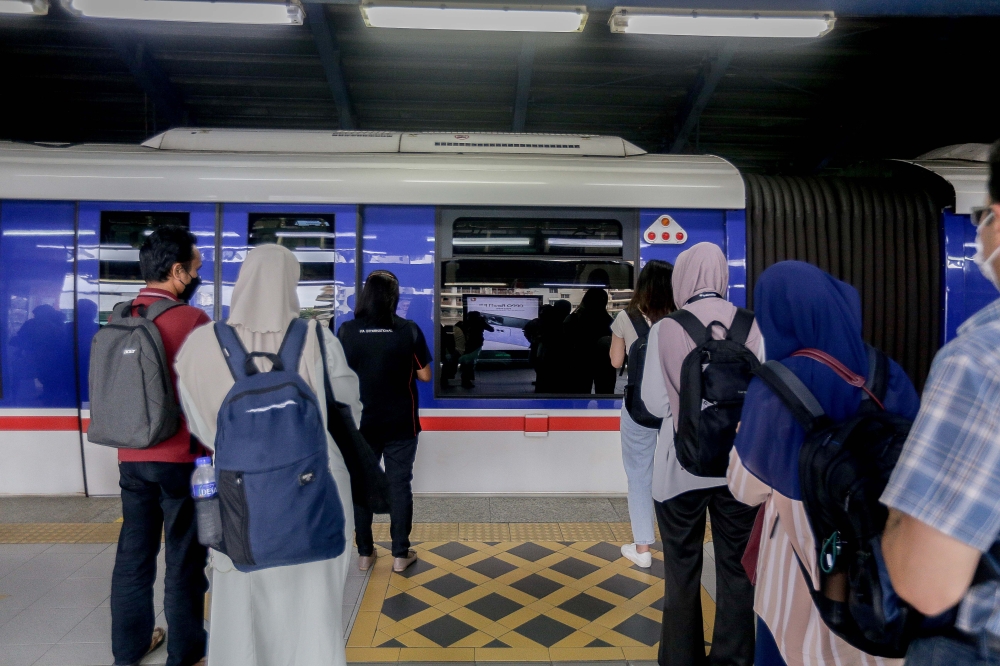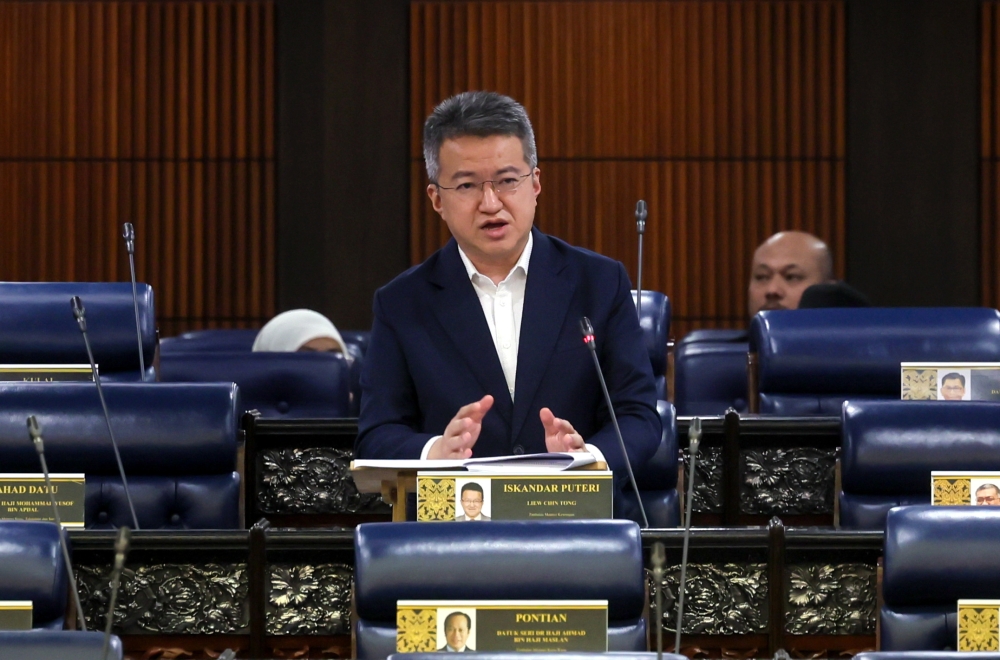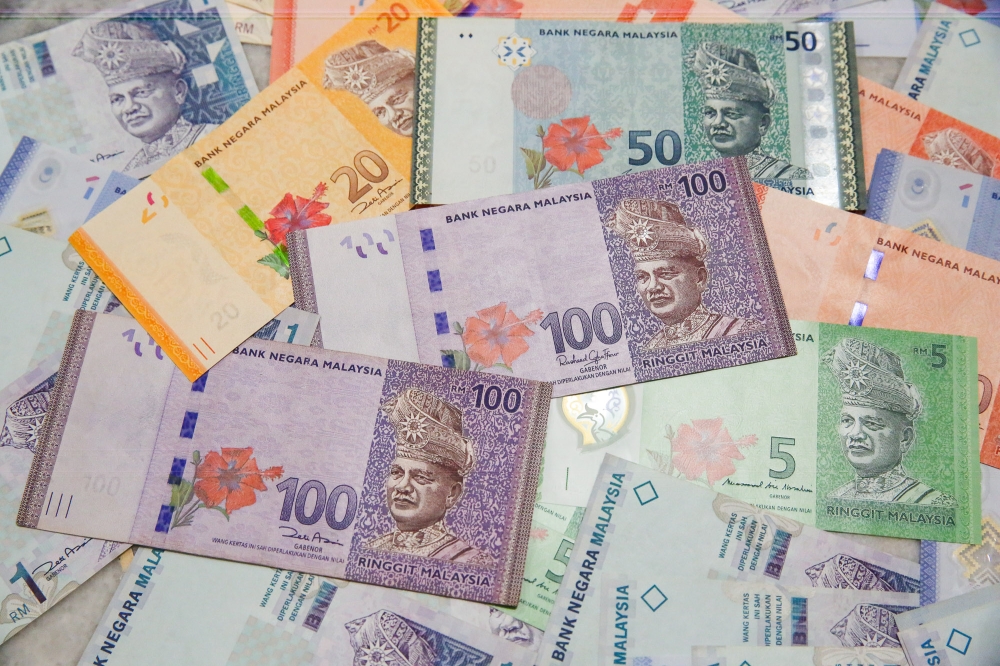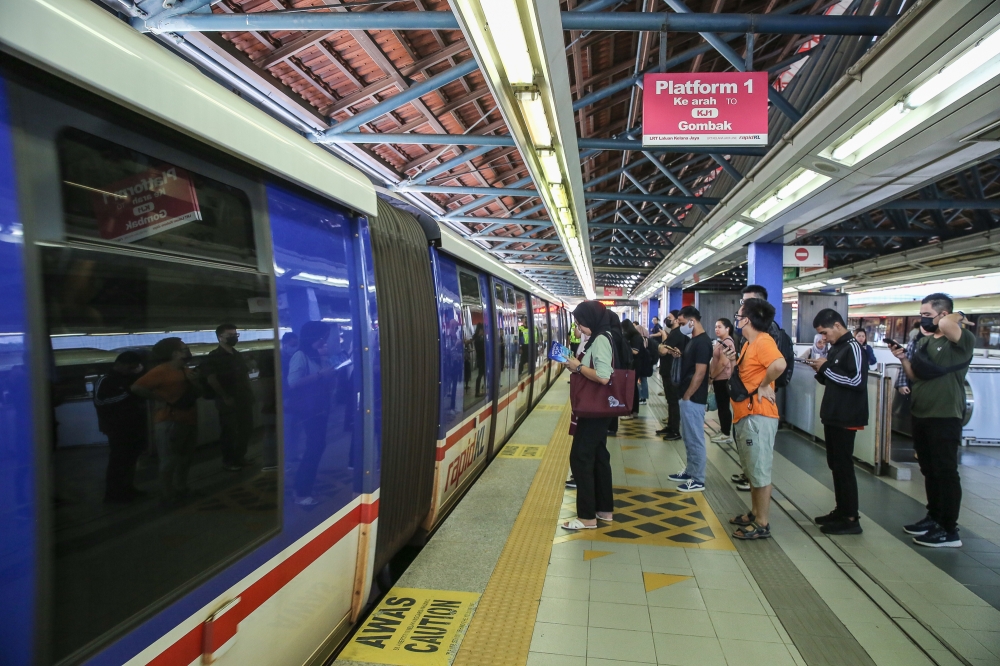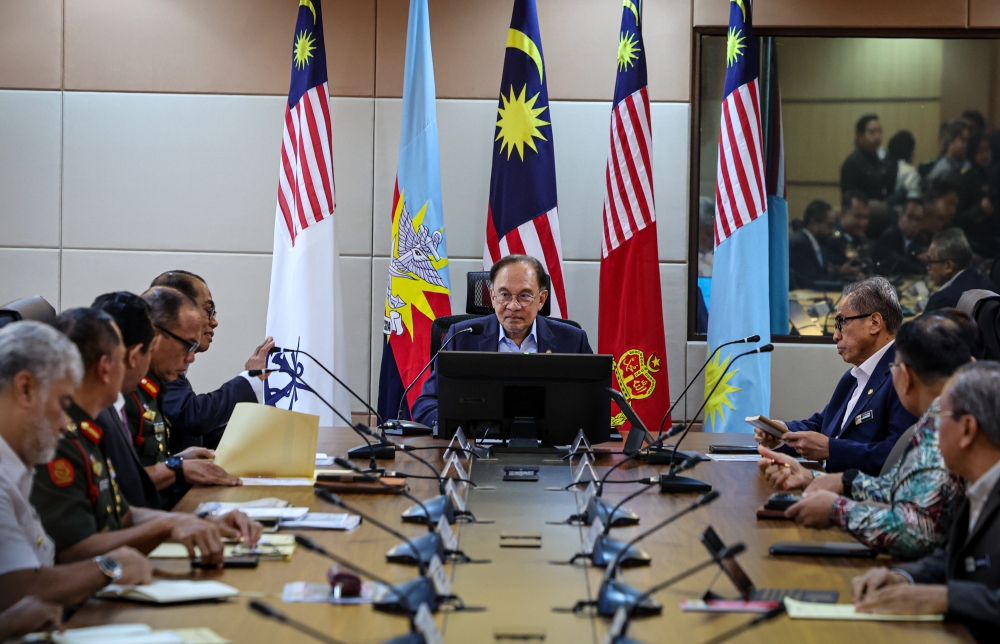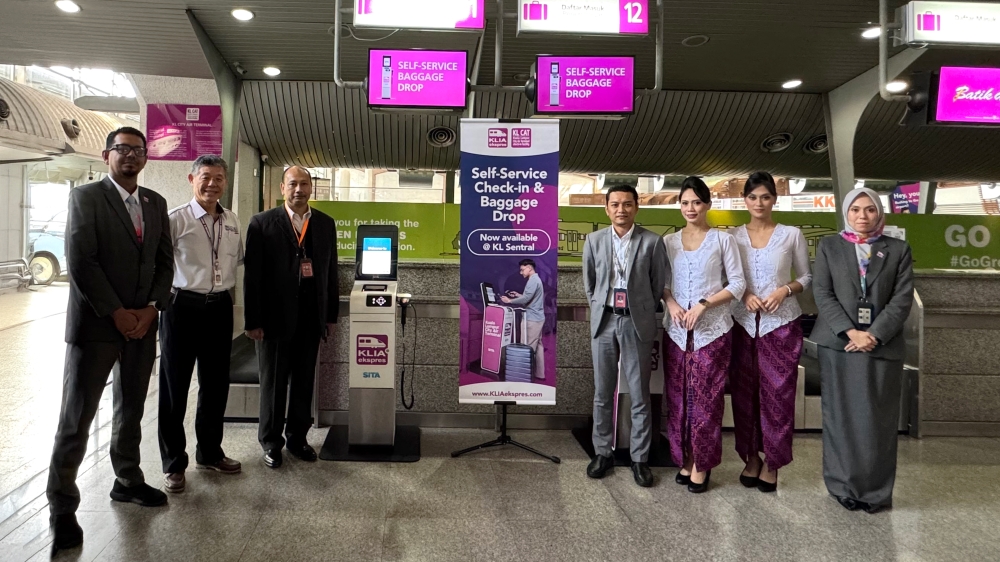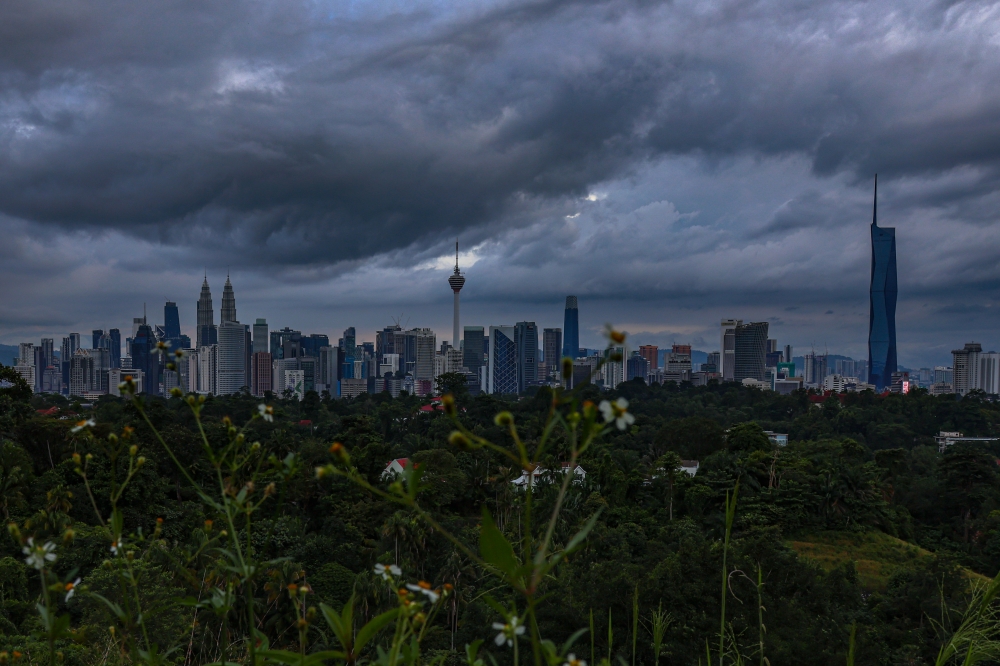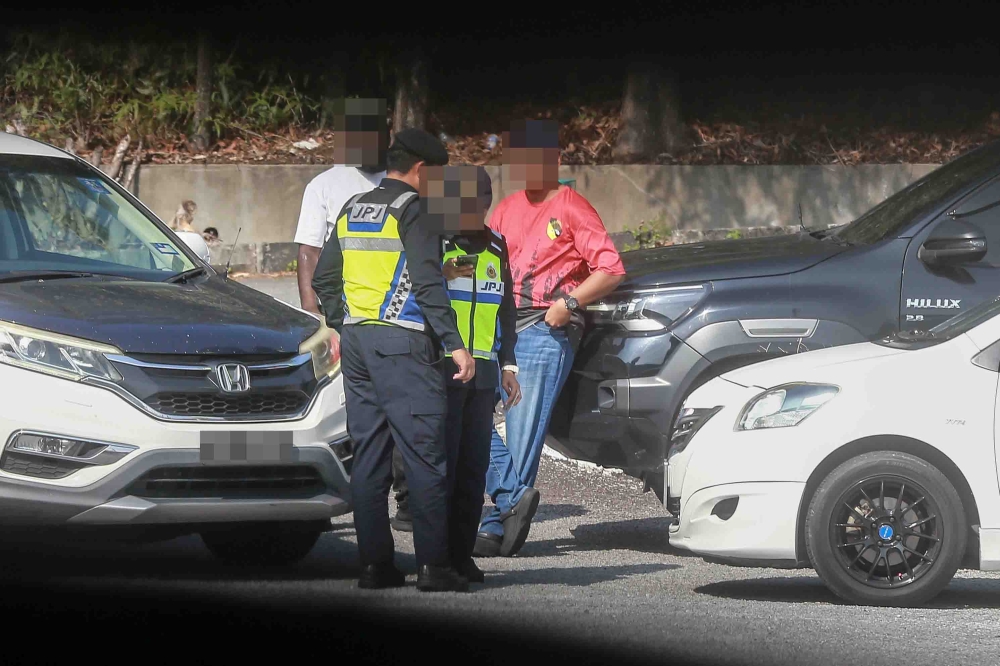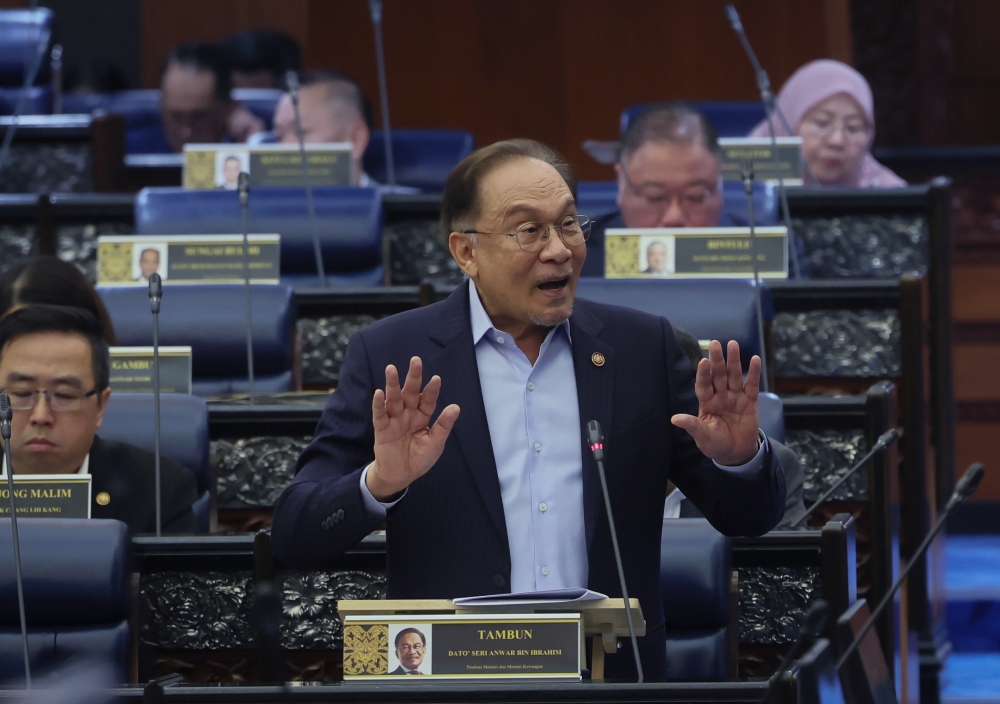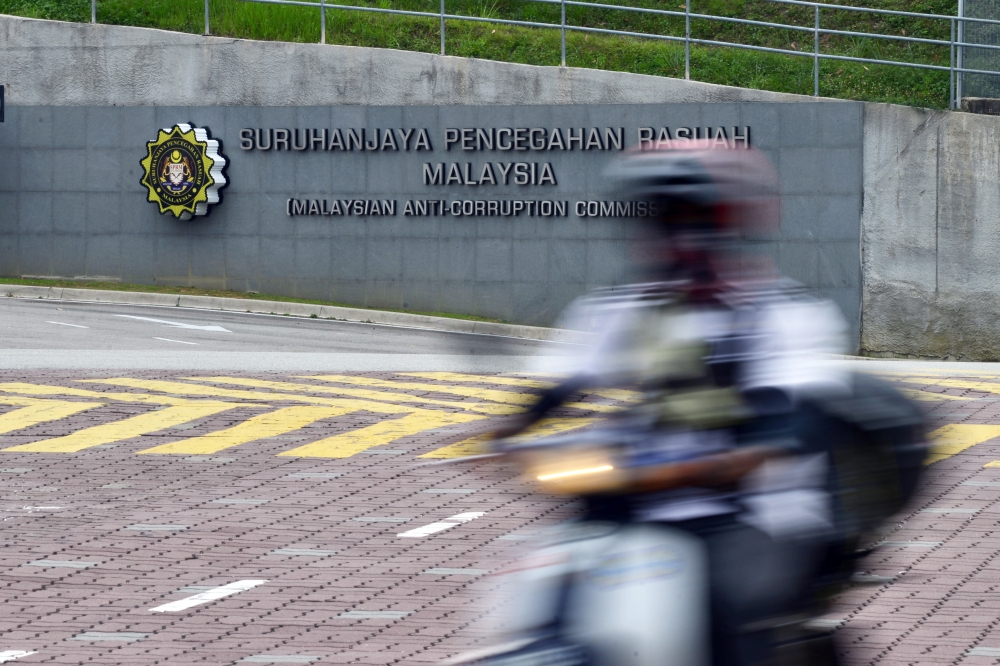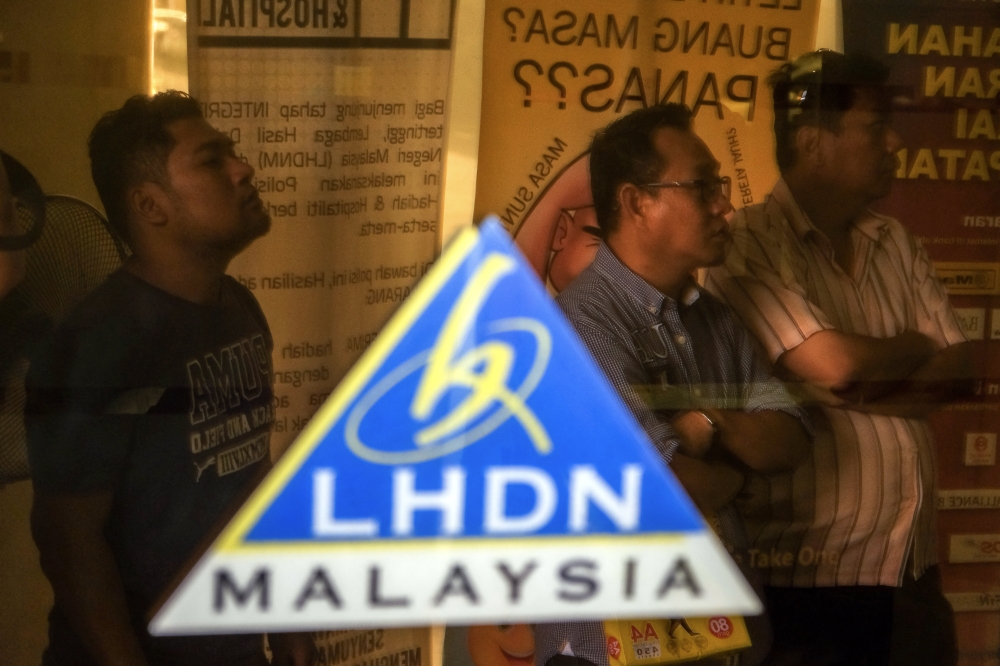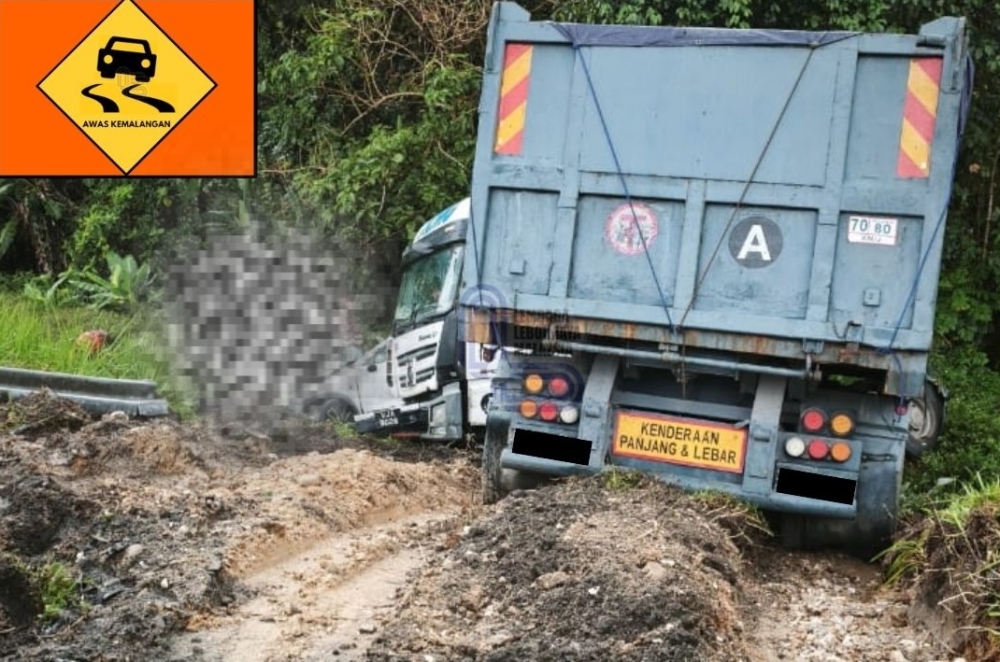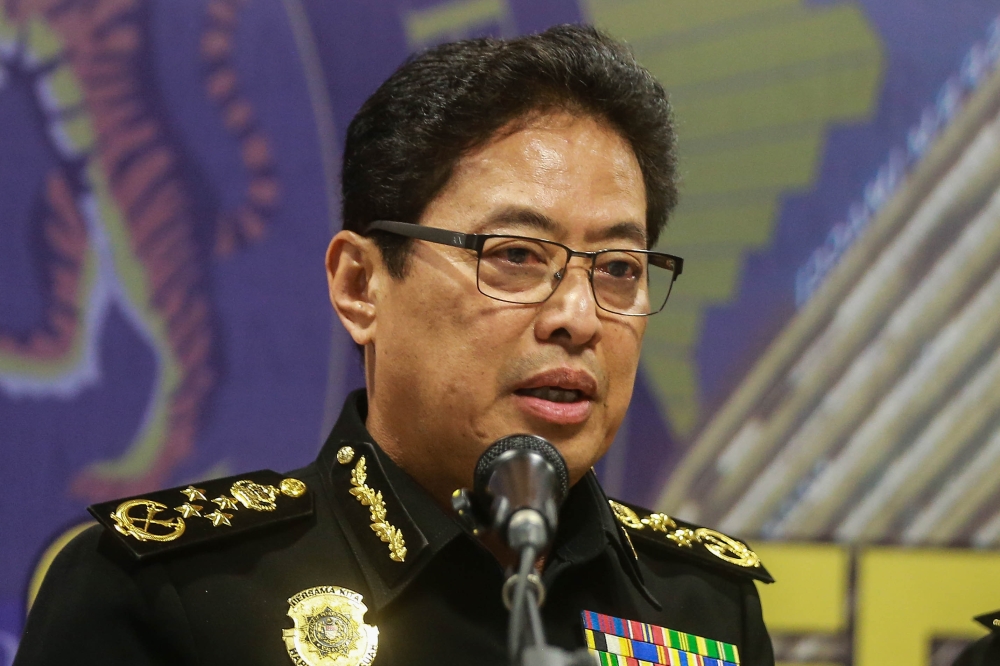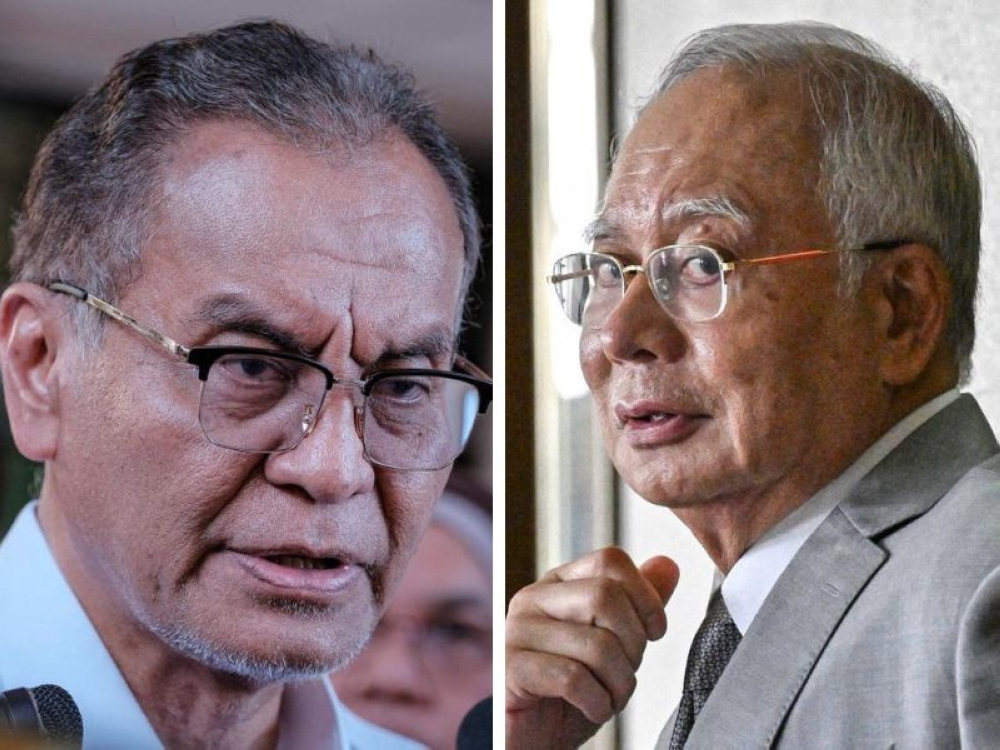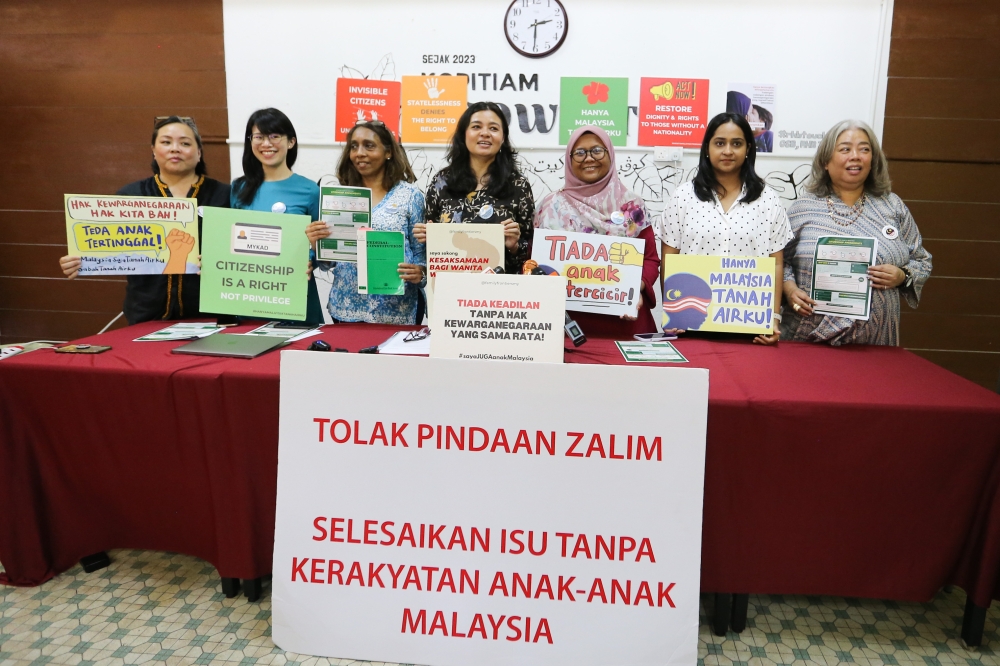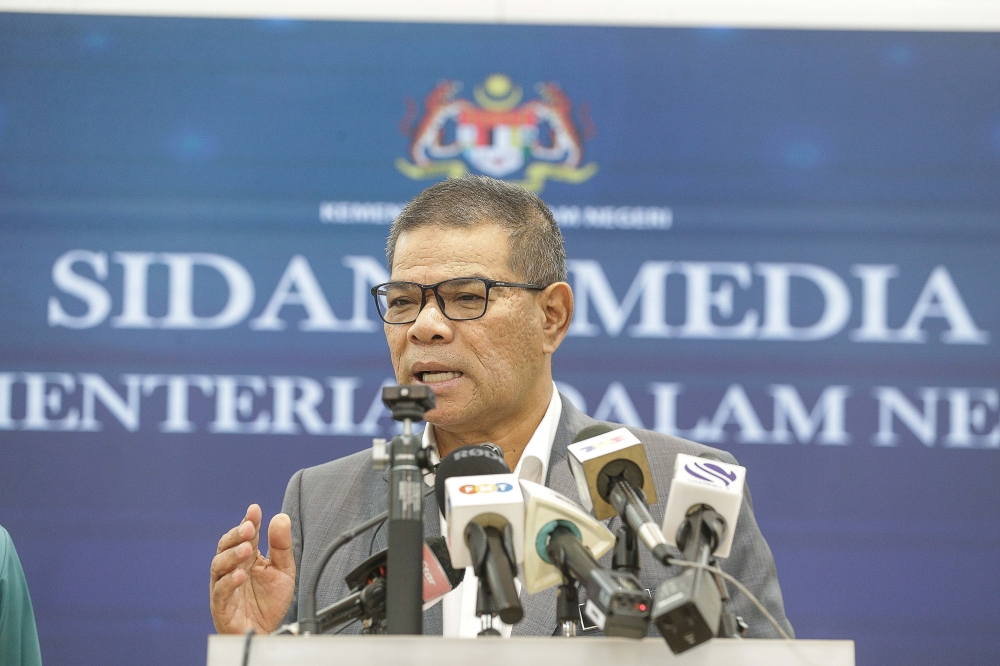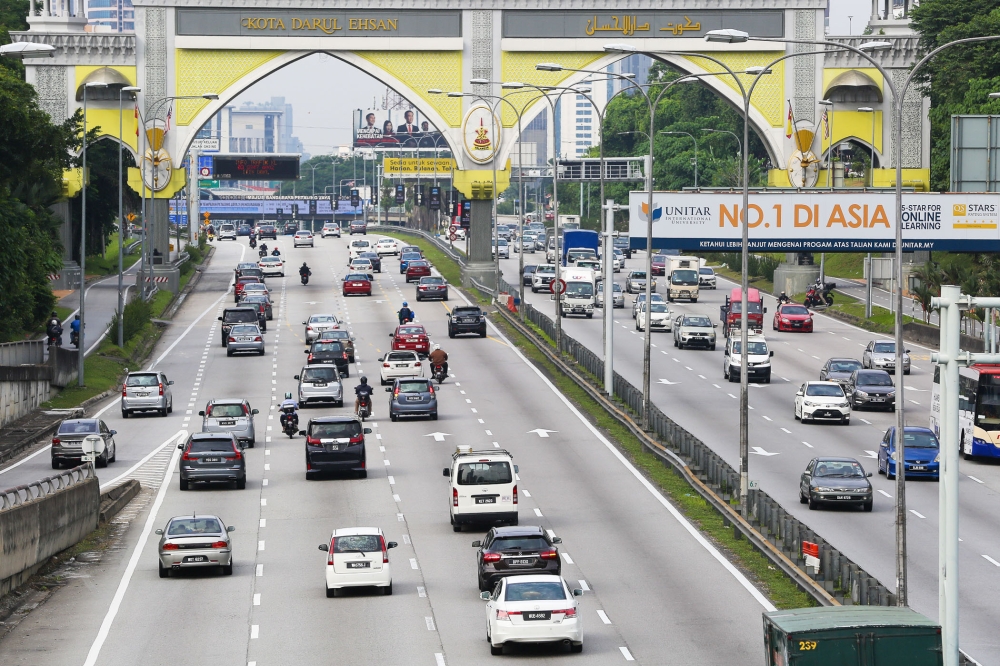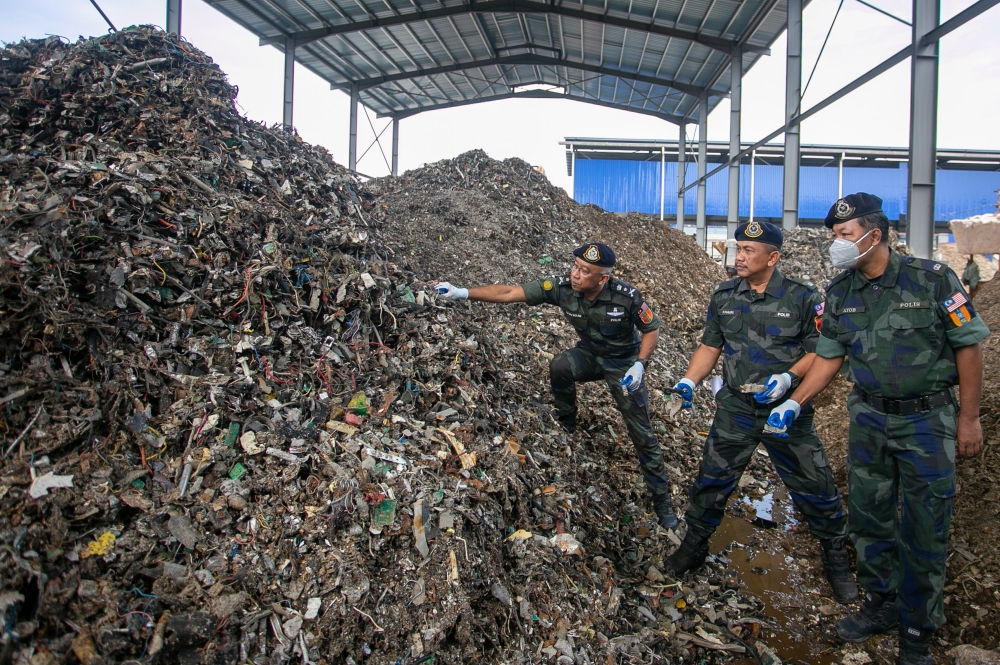KUALA LUMPUR, March 25 — The Malaysian government should not change the Federal Constitution to remove the existing rights of children of “permanent residents” to automatically be entitled to Malaysian citizenship, as it will hurt the natives of Sabah, Sarawak and Peninsular Malaysia who continue to be stateless and only hold “permanent resident” status, the Malaysian Citizenship Rights Alliance (MCRA) has said.
Being stateless means a person is not a citizen of any country in the world.
Despite Malaysia being 60 years old now, the MCRA said there are still those in the country’s indigenous communities — known as Orang Asli and Orang Asal — who still hold only a “red IC” or red identification card that denotes their official status to be just “permanent residents” (PR) instead of Malaysian citizens. With just the PR status and without being citizens of any country, there are local natives who remain stateless until today.
The home minister had last Friday (March 22) announced that the government would not proceed with two of five citizenship amendments labelled as regressive by civil society groups, but MCRA yesterday highlighted the negative impact that could arise from the other regressive citizenship amendments that the government wants to bring to Parliament.
The government had said it would not make changes to two provisions in the Federal Constitution — Section 19B of the Second Schedule’s Part III (which protects Malaysia-born foundlings or babies found abandoned by enabling them to be entitled to Malaysian citizenship); and Section 1(e) of the Second Schedule’s Part II (which protects those born in Malaysia from becoming stateless).
Here is why the MCRA said the government should drop all other “regressive” citizenship amendments, or at least postpone the regressive ones until further study and until data is collected:
1. Who are the “PR” who will be affected? (Hint: They are not foreigners)
Under the existing Section 1(a) of the Second Schedule’s Part II, those born in Malaysia — with at least one parent who is a Malaysian or permanent resident when they were born — would be entitled to be Malaysians.
Family Frontiers president Suriani Kempe, who is part of MCRA, said the government’s plans to remove the words “permanent resident” from Section 1(a) will mean permanent residents’ children — born in Malaysia would no longer be entitled to automatic Malaysian citizenship.
“This will jeopardise citizenship rights for foundlings and children without citizenship. Our own people will be affected. The most affected group are children of Orang Asli and Orang Asal, especially those who live in rural areas with limited ability to access government offices and information on citizenship registration,” she told a press conference yesterday afternoon at Buku Jalanan Chow Kit here.
She explained that Section 1(a) is actually intended to provide pathways to citizenship through “operation of law” (automatic citizenship) for three categories of children, including children who are born to stateless Orang Asli or Orang Asal parents — who still only have PR status only and are not Malaysian citizens.
(Orang Asli refers to the “original people” or indigenous people of Peninsular Malaysia, while Orang Asal refers to the natives of Sabah and Sarawak.)
She said Section 1(a) also protects two other groups of people (children born to third-generation ethnic Indians and ethnic Chinese in Peninsular Malaysia who have intergenerationally only been given PR status and not Malaysian citizenship and are stateless; and children who are born to an adopted stateless child (who is now an adult parent who is still stateless and only has PR status).
“Why I mentioned these three groups? Because many people will say those who hold PR status are all foreigners. What we do not realise is that there are many who still hold PR status or ‘red IC’ and they do not have citizenship. In their red IC, their country of origin is stated as Malaysia,” she said, noting that these PR holders with local ties do not have any other country of origin and that Section 1(a) currently gives their locally-born children the right to be Malaysians.
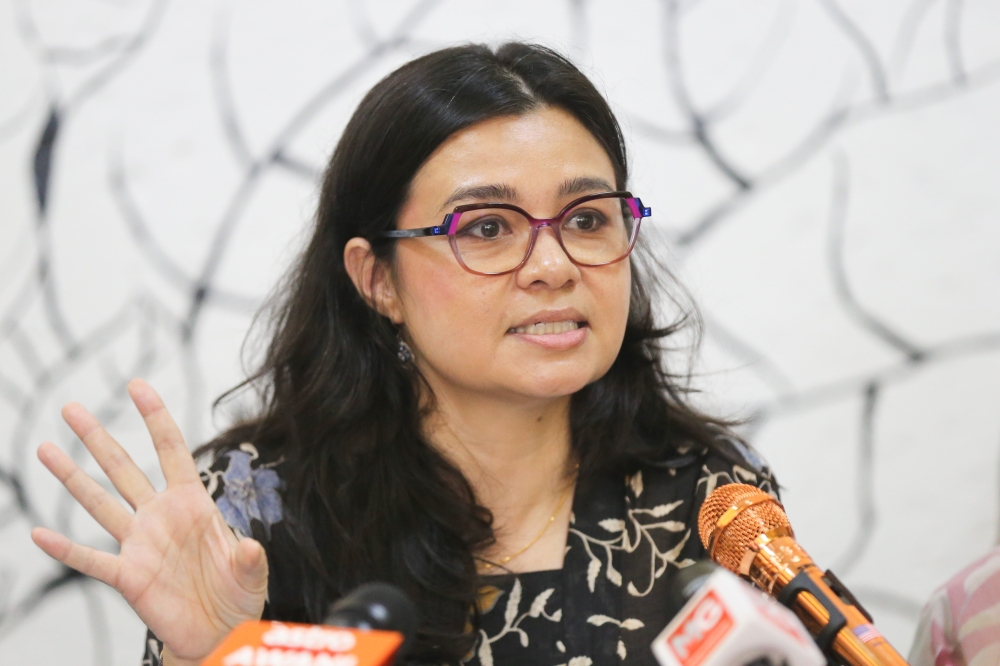
2. Deleting ‘PR’ from Section 1(a) will also remove Section 19B protection from abandoned babies born in Malaysia
Suriani said Section 1(a) also has to be read together with Section 19B protection against statelessness (for Malaysia-born foundlings or abandoned babies with unknown parents), and that the Section 19B protection would require the government to not delete “permanent resident” from Section 1(a).
This is because Section 19B presumes abandoned babies’ mothers to be permanent residents, and Section 1(a) — which currently allows permanent residents’ children to have the right to be Malaysians — would then enable foundlings to be Malaysians instead of being stateless.
Association of Women Lawyers’ (AWL) vice president Jasmine Wong, who is also part of MCRA, said: “But because the government is now removing the word ‘permanent resident’ from Section 1(a), so what does that mean for Section 19B? Even though the child is proven to be abandoned and the law considers the mother to be a permanent resident, the child will no longer be able to get citizenship, because of removal of ‘permanent resident’ in Section 1(a).”
Wong said if the government deletes the word “permanent resident” from Section 1(a), it would have the same effect as the government’s original plans to amend the Section 19B protection (by making abandoned babies having to register for Malaysian citizenship instead of being automatically entitled to citizenship).
“It will make Section 19B obsolete, redundant,” she said, noting that deleting “permanent resident” from Section 1(a) would mean the government is “achieving the result that they had intended to do with” the Section 19B amendment.
Wong said the government’s concession to agree to not touch Section 19B cannot be said to be genuine if the government amends Section 1(a): “If they have agreed to drop Section 19B (amendment), they also need to drop the amendment to Section 1(a). Don’t touch it at all.”
When met later, Wong explained that the government’s planned amendment to Section 1(a) would result in Section 19B not being able to protect Malaysia-born abandoned babies from statelessness anymore, or would be as if the Section 19B protection does not exist.
“It will mean foundlings can never get citizenship automatically.”
“It’s equivalent to removing Section 19B, it’s just like we don’t have the protection for foundlings, because it doesn’t mean anything to have a permanent resident mother, because permanent residents cannot give citizenship anymore,” she said.
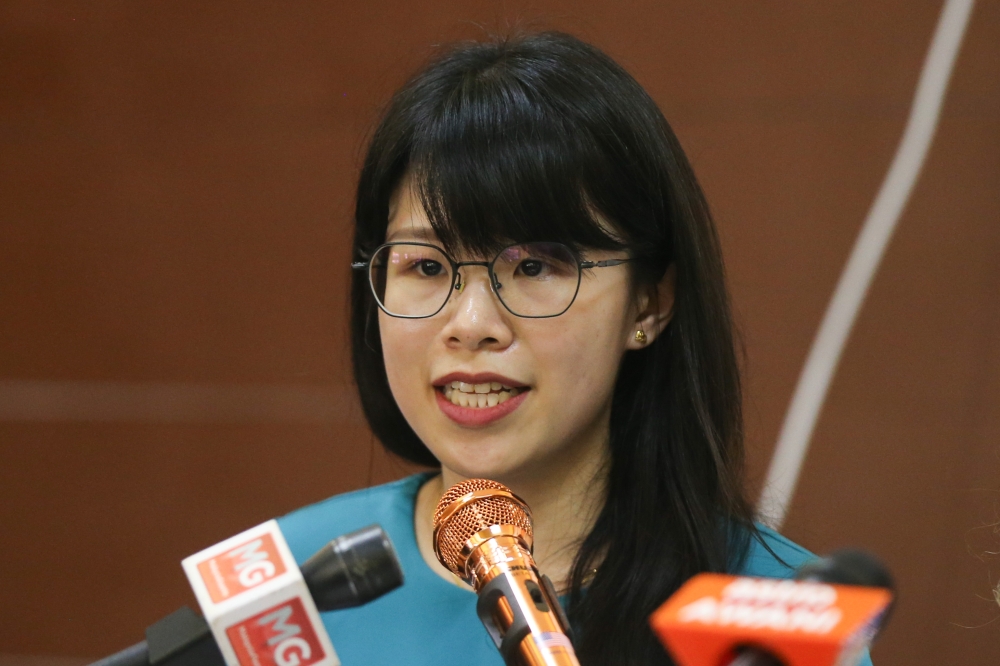
3. Repealing Section 2(3) makes it impossible to prove statelessness
Currently, Section 1(e) provides a protection from becoming stateless to these categories (stateless children born out of wedlock to Malaysian fathers and non-Malaysian mothers; stateless children who are abandoned or adopted; and indigenous communities).
Section 1(e) and Section 2(3) of the Second Schedule’s Part II work together to provide this protection: If a person is born in Malaysia, they will be entitled to automatically be a Malaysian citizen.
Section 2(3) clarifies that if the person acquires citizenship of another country within one year from their date of birth, they will be considered to be a citizen of that other country when they were born, and they would not be stateless and would not be able to rely on Section 1(e) to be a Malaysian citizen automatically.
In other words, if the child who was born in Malaysia can prove they did not become a citizen of any other country by the time they turn one year old, they would be able to show they were not a citizen of any other country at the time they were born, and can be a Malaysian automatically under Section 1(e).
“So the government’s decision to repeal Section 2(3) will make it practically impossible for the child to be protected from statelessness under Section 1(e),” Suriani said, when explaining that the Section 1(e) protection against statelessness can only be complete if the government does not abolish Section 2(3).
Wong said Section 2(3) is important because it locks in a one-year period for which such stateless persons will need to show they did not become citizens of any other country.
If Section 2(3) is repealed, there would be no time limit and a stateless person would have to prove that they have never obtained any other citizenship throughout the whole time they are alive, which Wong said would be “very illogical” and “very absurd so it cannot be that way”.
“The consequences of repealing Section 2(3) are that it will make it more difficult for the children who have been staying in Malaysia — and we know the parents are say, permanent residents or some case we don’t know who the parents are — it will make it difficult for them to qualify for protection under Section 1(e) because that takes away the way of proving foreign citizenship.
“In the context of a child who we don’t know who the parents are, what the government will expect the child to knock on every door of embassies just to prove the child doesn’t have foreign citizenship, so that actually talks about burden of proof and how heavy it will be on the child, if Section 2(3) is repealed,” she said.
“So we cannot just read Section 1(e) in isolation, it needs to be read together with Section 2(3) because it defines whether or not the child acquires foreign citizenship and whether the child is entitled to that statelessness protection under Section 1(e),” she said.
Later when met, Wong said repealing Section 2(3) would put a heavy burden on such children: “I would say it makes it practically impossible for the kids to show whether or not they have citizenship of any other country, because the government will place the burden on them, they need to do a lot, to take a lot of measures to show I’m not a citizen of anywhere, please give me Malaysian citizenship.”
4. Make sure foreign spouses do not become stateless
The Federal Constitution’s Article 26(2) currently enables the Malaysian government to remove Malaysian citizenship from a non-citizen wife married to a Malaysian man, if the marriage is dissolved within two years of the marriage, which MCRA noted was aimed at preventing marriages of convenience.
But the government’s plan is to amend Article 26(2) to enable the stripping of Malaysian citizenship of a previously foreign wife (who became a Malaysian citizen and gave up the citizenship from their country of origin), if the marriage is dissolved within two years of the day she became a Malaysian citizen.
As Malaysia does not recognise dual citizenship, this would result in the wife being stateless. MCRA cautioned that this planned amendment could trap a previously-foreign wife in a violent marriage to avoid becoming stateless if she ends the marriage within two years of becoming a Malaysian.
The MCRA questioned the justification of preventing alleged marriages of convenience as it said the Home Ministry has not documented or recorded such marriages of convenience, while also noting that Article 26(2) has not been enforced as foreign wives’ applications for Malaysian citizenship involves a long process including getting permanent residence and can take an average of 10 to 12 years under current procedures.
MCRA instead suggested expanding Article 26B(2)’s protection to Article 26(2) “so that a foreign wife shall not be deprived of her Malaysian citizenship if the deprivation will render her stateless.
5. Don’t reduce age limit of 21 to 18, without solving administrative delays
MCRA said the government should not amend the Federal Constitution to reduce the age limit of 21 years old to 18 years old for those seeking to obtain Malaysian citizenship, until the government resolves procedural and administrative challenges.
MCRA said the government should first fulfil five conditions before reducing the age limit, including creating written rules on the roles of the relevant government ministries and agencies for the citizenship process for children; and “clear, reasonable and publicly available” conditions for citizenship applications including the cut-off point for applications.
The three other conditions that MCRA wants to be met are that the Federal Constitution should impose a one-year deadline for government agencies to decide on citizenship applications; and that government agencies should be legally required to give the reasons for rejection of citizenship applications; and there must be a legally established pathway for appeals especially for those aged above 18 years old.
Activists want govt to consult Sabah and Sarawak on citizenship amendments
Activist Simon Siah, a lawyer in Sarawak who handles stateless cases and director of Lawyers Kamek for Change, said Malaysia was formed via the Malaysia Agreement 1963 after views from Sabah and Sarawak was heard through the Cobbold Commission and the Inter-Governmental Committee (IGC), and that was how the Federal Constitution was formed.
But Siah, who joined the MCRA’s press conference through a video call, said the rights of Sabah and Sarawak have been eroded over time as amendments were made to the Federal Constitution, and said the proposed regressive citizenship amendments to the Federal Court would further erode their rights “especially the Orang Dayak and Orang Asli in Sabah and Sarawak”.
“This is because many Orang Asli residents in Sabah and Sarawak in rural areas until today still have not obtained their citizenship rights, most of them are red IC holders. Therefore, we from Sabah and Sarawak urge for Sabah’s and Sarawak’s opinions to be heard before any amendments are made to the Federal Constitution.
“We urge for a commission like the Cobbold Commission to be formed before all these amendments are tabled in Parliament. We urge for the Bill with the amendments to be displayed throughout the whole country, even at district offices, so that all Malaysians can give their views,” he said.
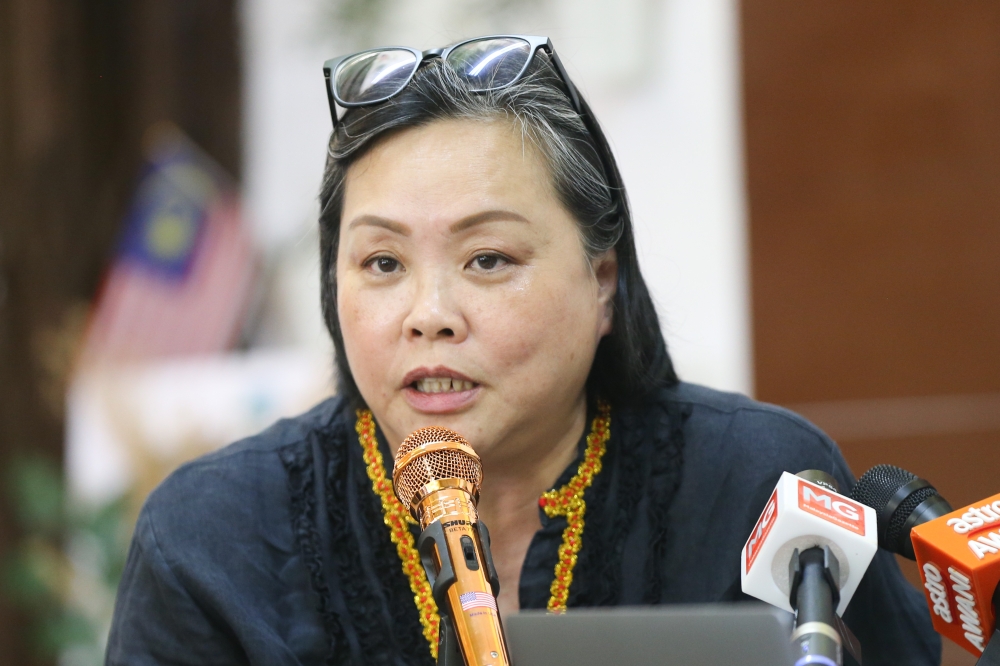
Beverly Joeman, the national programme coordinator of the civil society coalition CSO Platform for Reform, said the government has not engaged with Sabah and Sarawak civil society groups under the coalition which she said were mainly from the indigenous communities and dealing with various causes such as children, stateless and undocumented people.
“If you ask me, in Sabah, none of my counterparts, none of the Orang Asal organisations have been invited for a proper consultation. None of our NGOs in Sabah who work on child rights have been invited for consultation,” the Kadazan native from Sabah said, adding that this was the same for Sarawak civil society groups.
“So please have proper consultation with the correct stakeholders, not the stakeholders that you want to deal with,” she said, also urging for a Green Paper to be released on the government’s planned citizenship amendments to provide facts and data to justify the pushing through and rushing through of the regressive citizenship amendments.
What’s next in Parliament?
Based on a check of Parliament’s website, a government Bill for amendments to the Federal Constitution is slotted as the first in a list of government Bills to be brought to the Dewan Rakyat today (March 25), with a remark that the government intends to bring this Bill throughout all levels during this parliamentary meeting.
There will be three days (March 25 to March 27) for MPs in the Dewan Rakyat to debate and vote on whether to approve government Bills.
Lawyer Sharmila Sekaran, who chairs Voice of the Children, said the citizenship amendments that should be tabled as a Bill in Parliament should only be the progressive one that enables Malaysian mothers’ overseas-born children to automatically be citizens, but said MPs should oppose regressive citizenship amendments if any are tabled and ask for each proposed amendment to be individually voted on.
“It should only be for the mothers, and we hope Members of Parliament, the backbenchers will object and ask for two things: One, for a counted vote and not just a voice vote; two, even before that, that they ask for each Section to be voted on separately,” she said, and added that MCRA would discuss what is the next best step if the government insists on proceeding with the regressive amendments.
The last time that civil society groups which are part of MCRA had met with the Home Ministry over the proposed citizenship amendments was in June last year, and also in August last year where five organisations with MCRA were able to join in a meeting involving a parliamentary select committee chaired by MPs Yeo Bee Yin and William Leong and involving the National Registration Department and the Home Ministry secretary-general.
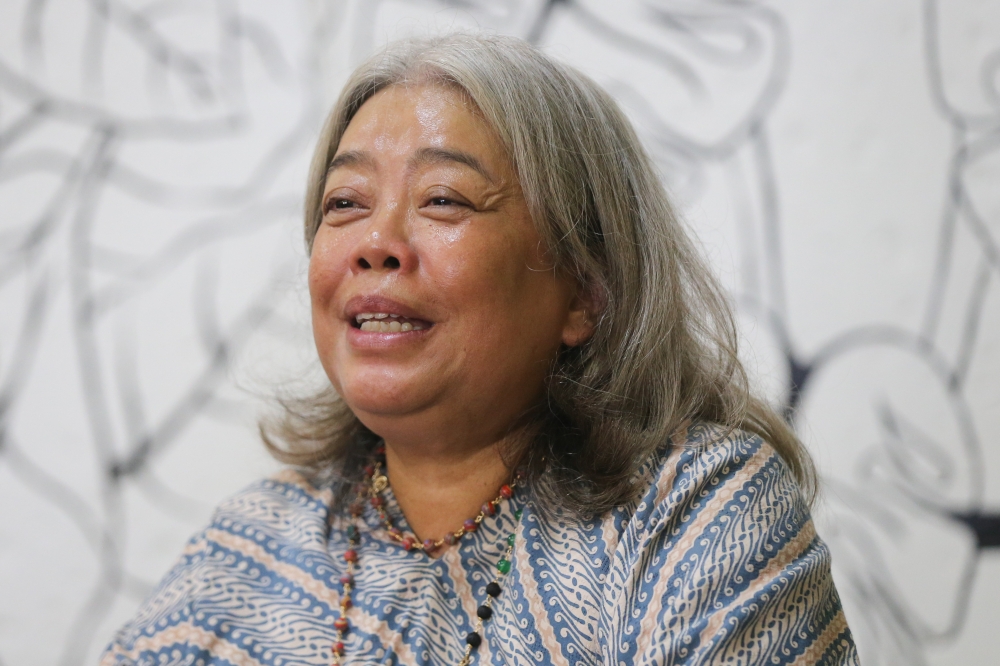
Asked about the home minister expressing on March 19 that he was willing to meet non-governmental organisations (NGO) regarding the citizenship amendments, Yayasan Chow Kit co-founder Datuk Hartini Zainudin confirmed the minister “has been in contact” but that no date has been given yet to MCRA.
Sharmila said it is important not to keep looking back at the past, and said MCRA is still hopeful to meet with the home minister and his officials following his March 19 statement, and that MCRA looks forward to have the opportunity to work together to find viable solutions to the issues that the government wanted to address through the regressive amendments.
“So we are not saying these are not issues, let’s not touch anything or do anything about it. If there are issues, let us sit down and find a workable, reasonable solution that will actually put an end to the issues and not cause further problems.
“Because what we don’t want to do is to walk away and leave it for the future generations to deal with the problems that have been created by our generation by virtue of amendments which have not been thought through, ill-conceived amendments,” she said.
“Sit down with us, let us work together to find the solutions, because we are just as interested in the government in finding solutions to the issues that exist here,” she said. MCRA said yesterday that the government’s proposed regressive amendments do not solve the root cause of the problems identified by the government.
